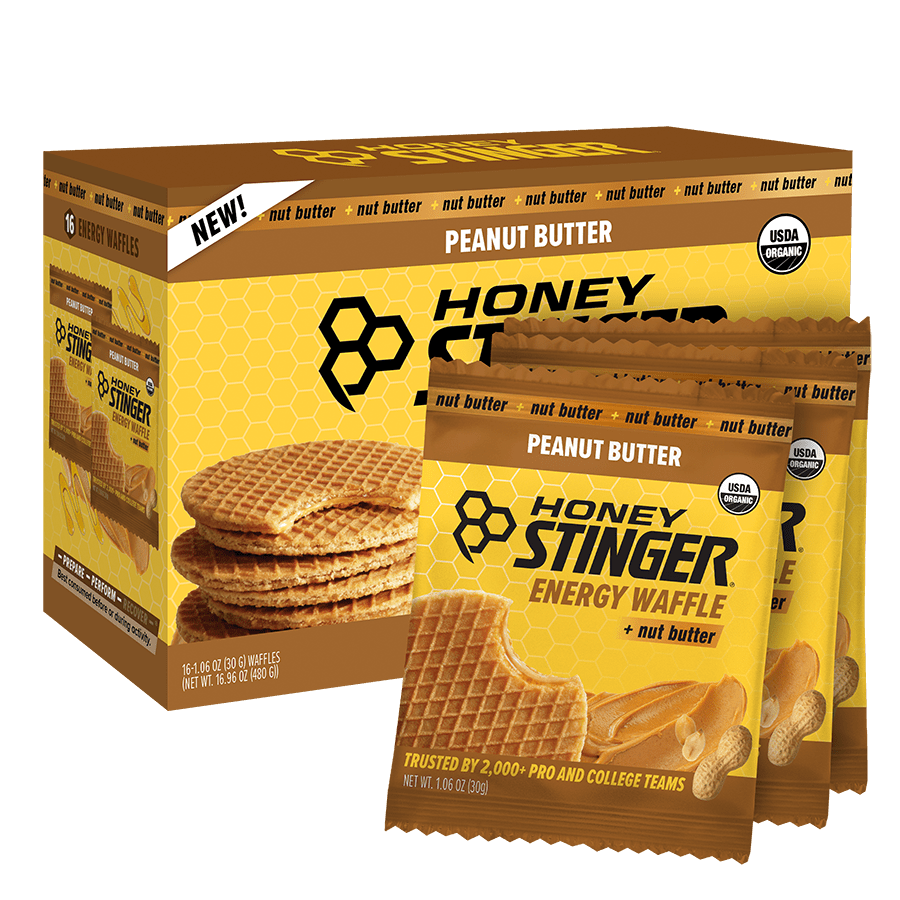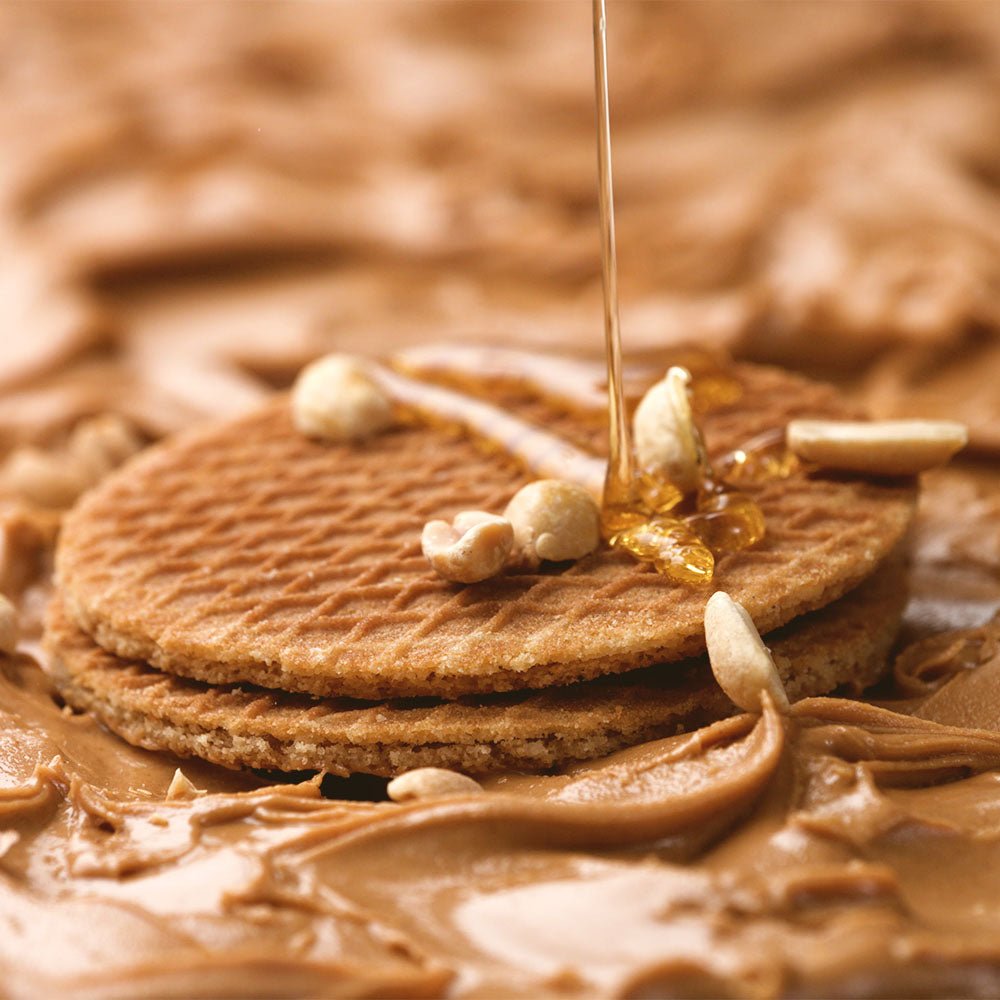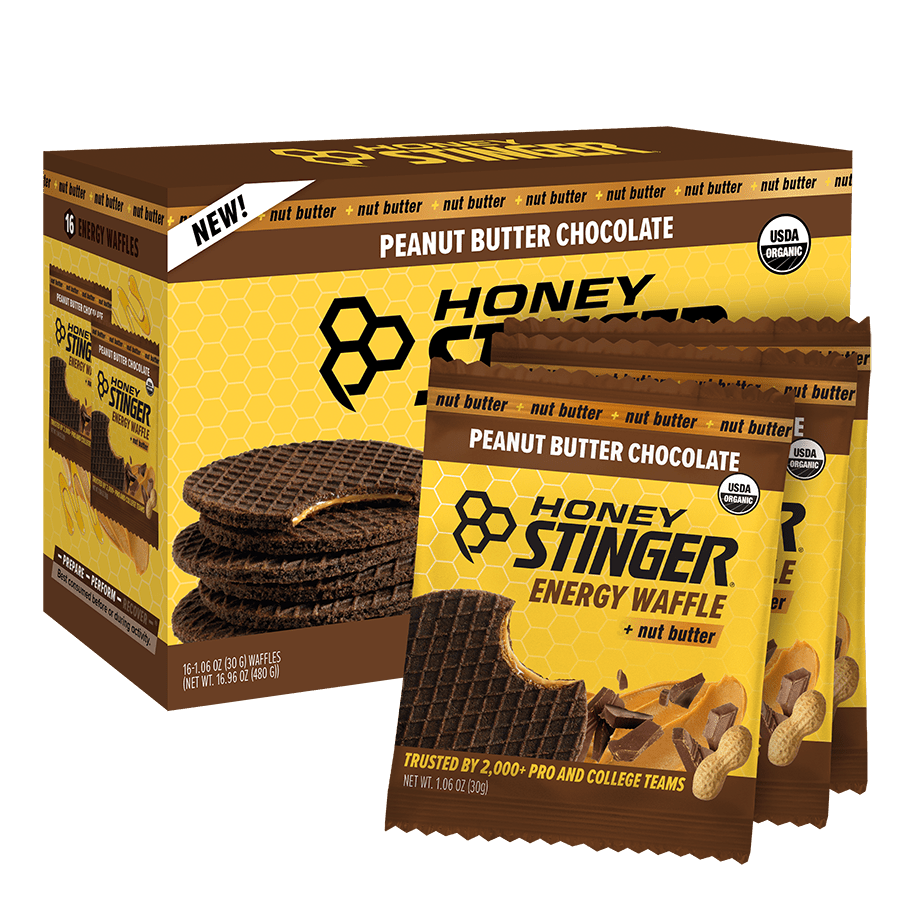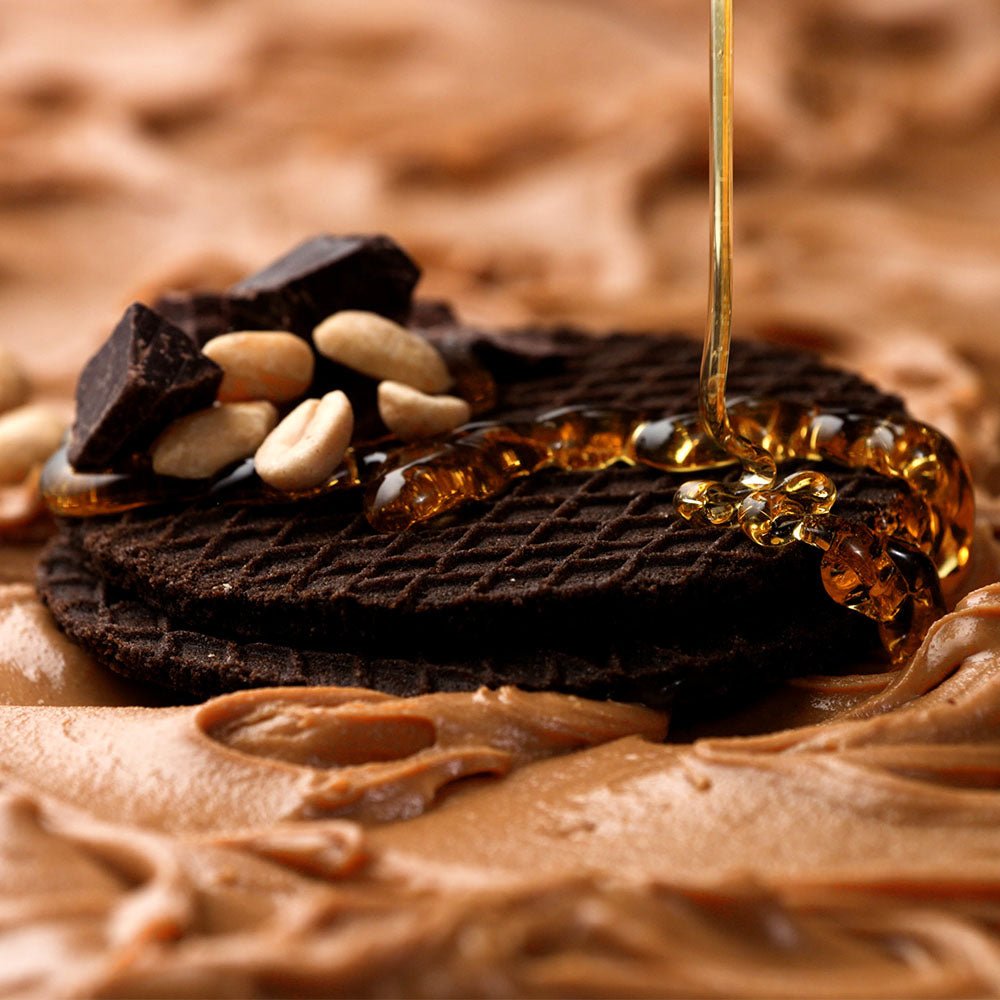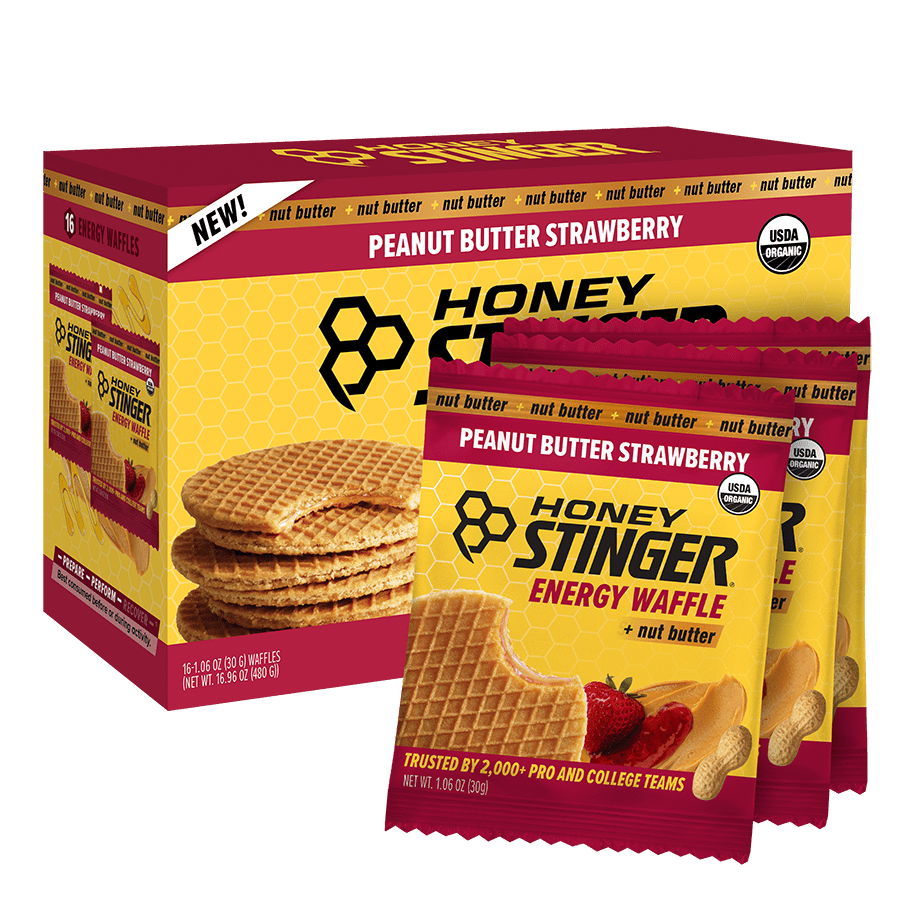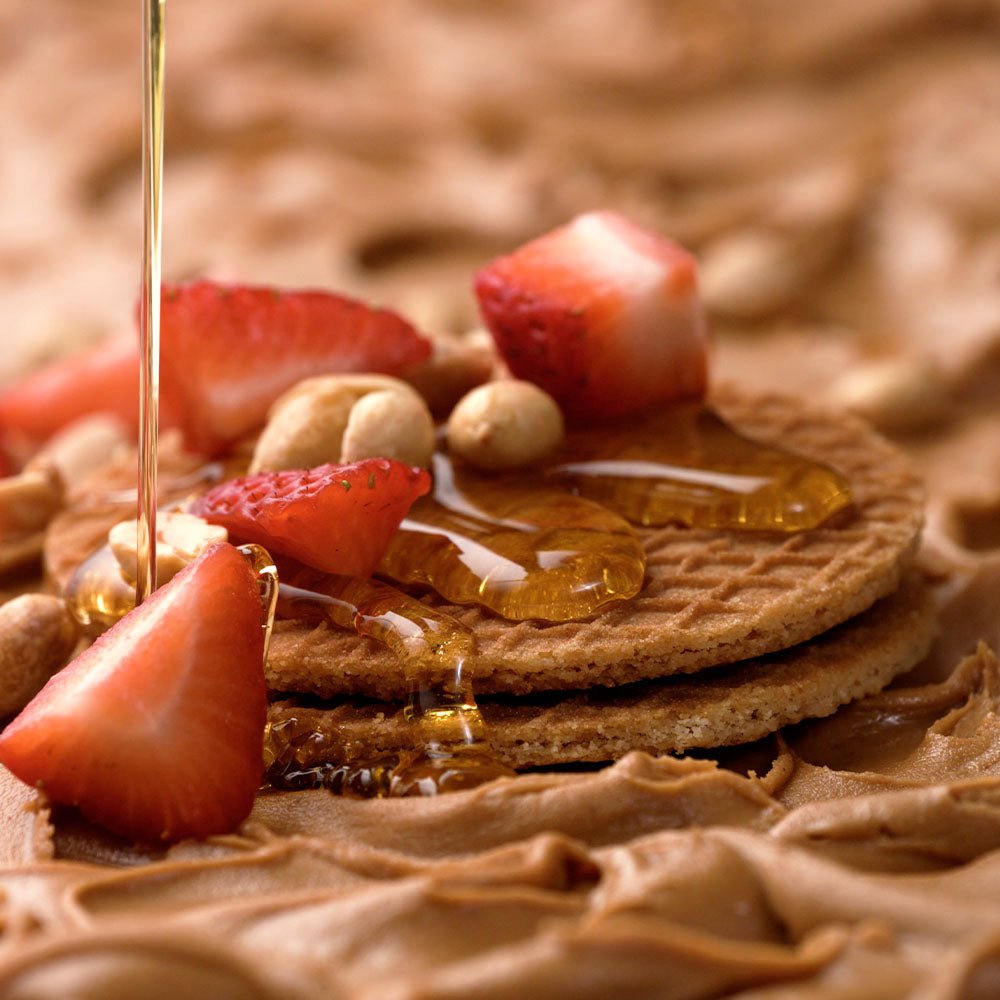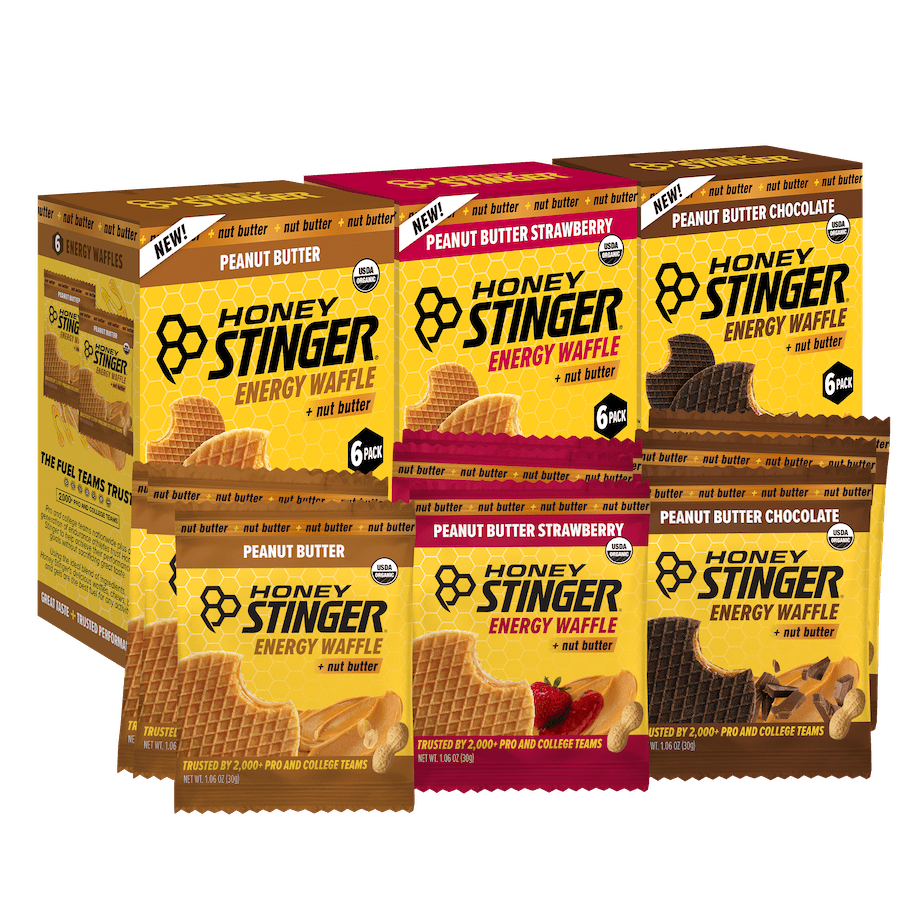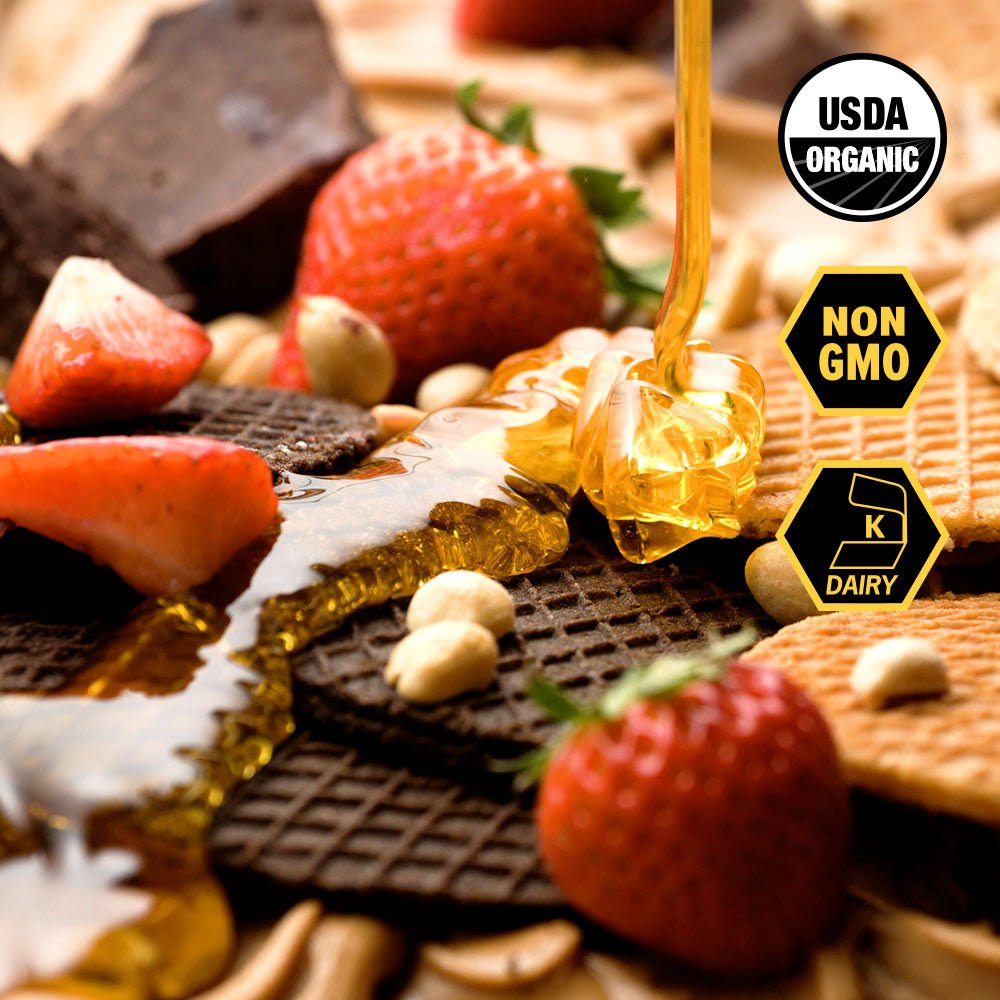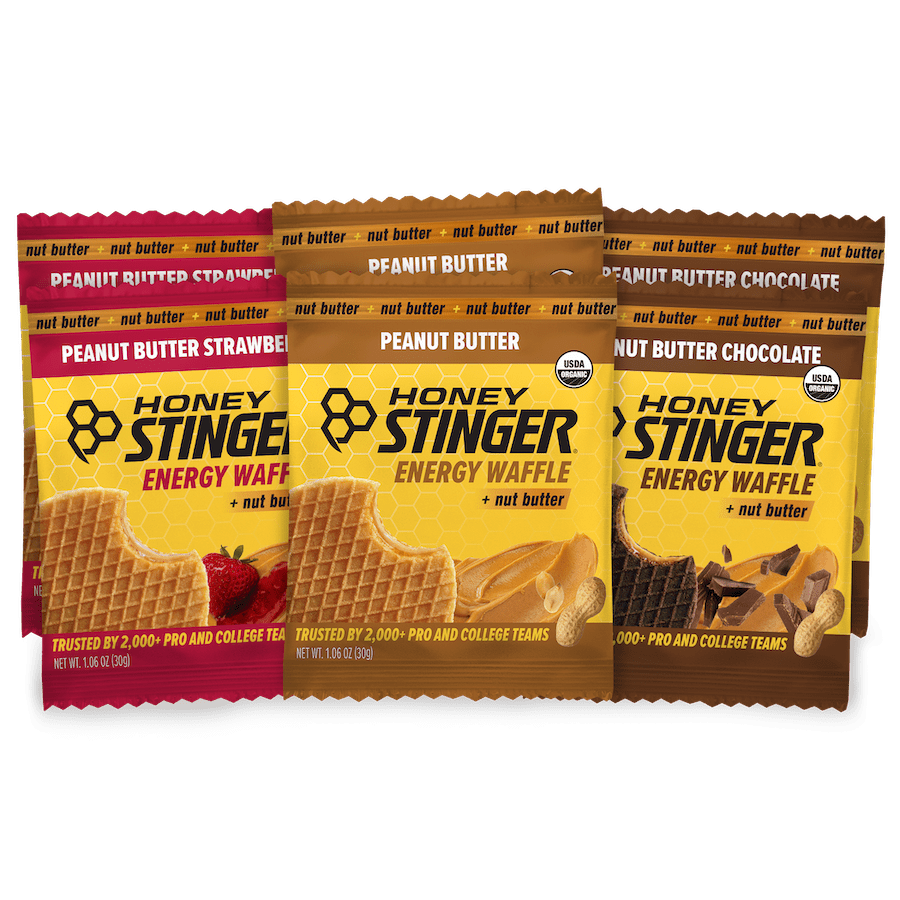Caffeine Use During Training and Competing with Nicole Mericle
Nicole Mericle is a five-time obstacle course racing world champion and the current Spartan Race World Champion.
Nicole's competitive background began as a Division 1 Cross Country and Track & Field athlete at Rice University where she held two school records and qualified for the 2008 Olympic Trials in the 3,000m steeplechase. Today, she is at the top of Obstacle Course Racing across Spartan, Tough Mudder, and US OCR disciplines. She shares her experience training with caffeine below. My first experience racing with caffeine came during my sophomore year at Rice University. I found out I was anemic, but lined up to race the 3k steeplechase nonetheless. Driving to the iconic Mt. SAC track, my coach, Jim Bevan, said "Nicky, have you ever had espresso before a race?" To which I replied, "I've never had an espresso, ever." Despite being somewhat pressed for time, he pulled into a Starbucks and a few minutes later returned with a double shot of espresso with my name on it. Seeing I was a little apprehensive to try something new on race day, Jim said ‚ "You're already anemic. You've got nothing to lose." Seemed reasonable to me, so I chugged the bitter black substance an hour before my race. I raced to a PR and qualified for the NCAA D1 regional meet by fractions of a second. After that race, I was a caffeine believer.
My first experience racing with caffeine came during my sophomore year at Rice University. I found out I was anemic, but lined up to race the 3k steeplechase nonetheless. Driving to the iconic Mt. SAC track, my coach, Jim Bevan, said "Nicky, have you ever had espresso before a race?" To which I replied, "I've never had an espresso, ever." Despite being somewhat pressed for time, he pulled into a Starbucks and a few minutes later returned with a double shot of espresso with my name on it. Seeing I was a little apprehensive to try something new on race day, Jim said ‚ "You're already anemic. You've got nothing to lose." Seemed reasonable to me, so I chugged the bitter black substance an hour before my race. I raced to a PR and qualified for the NCAA D1 regional meet by fractions of a second. After that race, I was a caffeine believer.
That was 2008. I've competed in 10-20 races a year since then and have rarely if ever gone without caffeine before or during a race. Now it's part of my routine, a bit of a superstition, but the performance benefits are also backed by research.
Corinna Coffin, a Registered Dietician, CrossFit Games competitor, and fellow obstacle course racer, explains the benefits of caffeine in racing and training:
"Relatively few supplements that claim ergogenic (performance-enhancing) benefits are actually supported by sound evidence. Caffeine is one of the few that has well-established performance benefits across numerous exercise modalities through reducing perception of fatigue and allowing sustained exercise at optimal output/intensity for longer. The 2018 International Olympic Committee Consensus Statement on dietary supplements recommends a dosing protocol of 3-6 mg/kg body weight of anhydrous caffeine (pill or powder form) consumed about 60 minutes prior to exercise, with lower caffeine doses (<3mg/kg, ~200mg) provided both before and during exercise consumed with a carbohydrate source. It's important to monitor caffeine intake, as higher doses do not appear to enhance performance and can increase risk of side effects such as nausea, anxiety, and increased heart rate. Some products do not disclose caffeine dose and/or may contain other stimulants that can compound these effects."  Corinna also goes on to explain, "Caffeine is believed to enhance intestinal absorption of exogenous carbohydrate sources (carbohydrates from food), which enhances how well our bodies can use carbohydrates for fuel. With an increase in exogenous carbohydrate oxidation, we can conserve our bodies' limited internal carbohydrate reserves to improve performance."
Corinna also goes on to explain, "Caffeine is believed to enhance intestinal absorption of exogenous carbohydrate sources (carbohydrates from food), which enhances how well our bodies can use carbohydrates for fuel. With an increase in exogenous carbohydrate oxidation, we can conserve our bodies' limited internal carbohydrate reserves to improve performance."
One package of Honey Stinger Plus Performance Chews contains 75mg of caffeine and carbohydrates to go along with it, making it a great fueling option before and during training and racing.
I usually have a cup of coffee with breakfast prior to workouts or races. An hour before an activity, I'll sip on water and eat 1/2 to a full package of Plus Performance Chews - Stingerita Lime is my favorite flavor. When I'm running or rock climbing for several hours at a time, I may have another 1/2 to full package of Performance Chews or a caffeinated energy gel, but I'm mindful of how much caffeine I consume.
Everyone differs in their sensitivity to caffeine. A little goes a long way for me and I can easily suffer from muscle twitches if I load up on too many stimulants. Keep in mind other stimulants you may be taking, like coffee, some inhalers, or pre workout mixes. Unlike my first experience using caffeine, I'd recommend testing new things in practice first.


